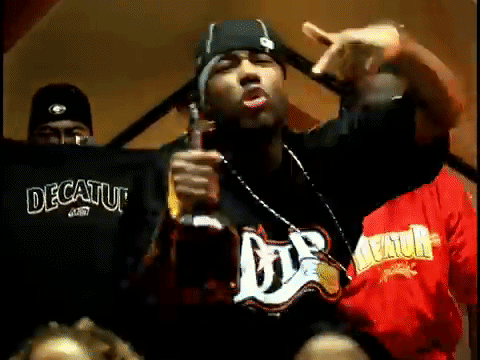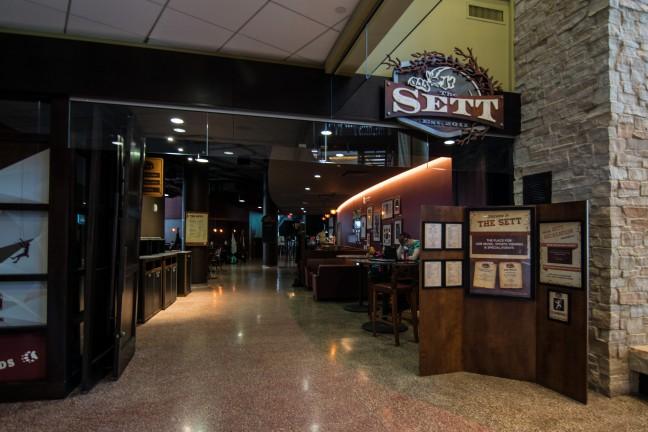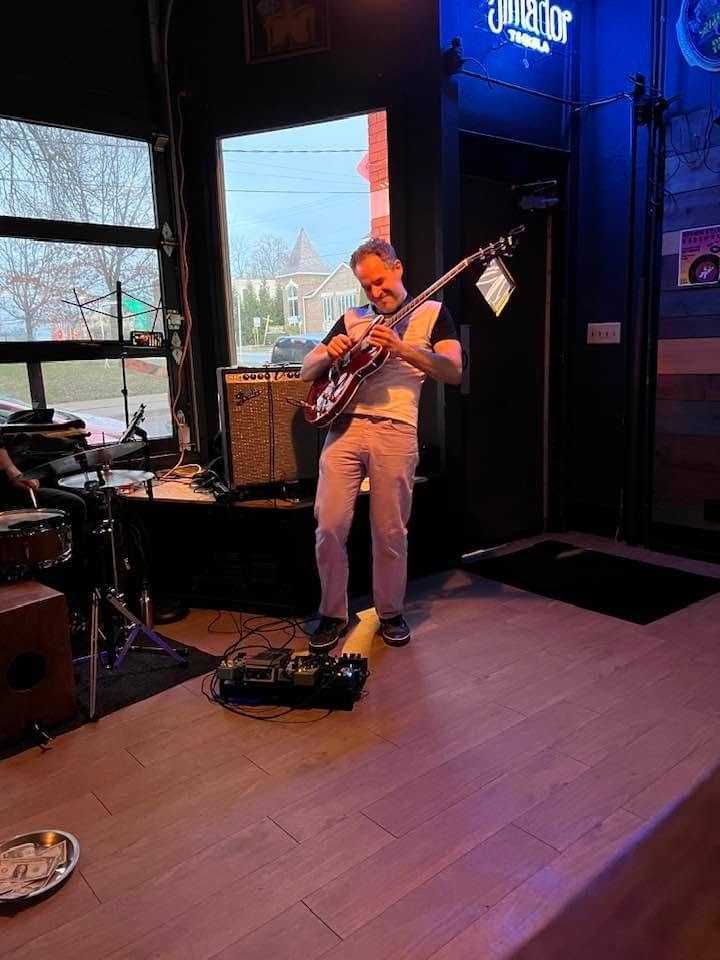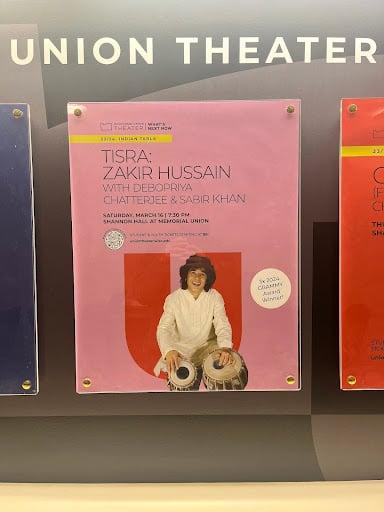Rapper I-20, who has collaborated with names such as Ludacris and Twista, recently visited Madison.
The Badger Herald was able to talk with the Georgia artist about hip-hop artists today versus yesterday, Madison hip-hop and his upcoming collaborations with platinum Madison-based producer DJ Pain 1.
The following interview was edited for style and clarity.
The Badger Herald: How are you doing? What have you been up to as of late?
I-20: I’ve mostly been doing work with DJ Pain 1. He and I are about to drop an EP at the end of the year, but in the meantime, we’re going to work on a couple of mixtapes released exclusively through [hip-hop and barber website] 2dopeboyz.com. And through that we’re going to be releasing some records that didn’t make the cut next week, as well as the first single off of the EP in the coming weeks.
BH: How did you and DJ Pain 1 begin to start working together, and what can listeners expect from your forthcoming EP?
I-20: DJ Pain 1 and I met through a very odd situation. Just randomly on Twitter, someone asked me if I wanted beats, and I said sure. It was a guy named J Cuse, and he sent me a beat and I recorded to it that night instantly. I really loved it, so I called him asking if he had any more.
But I didn’t know that he was just getting started at the time, so he said, “I don’t really have any more beats, you should probably speak to my friend DJ Pain 1.”
[DJ Pain 1 and I] talked the next day, and he sent me five or six beats, and I loved all of them and recorded to them immediately. We decided from then on that what I was doing with his beats was a good combination, and it was something we should continue to pursue. We then worked together sporadically for years, and we both saw we had the most success with the rap websites or YouTube views, and we received so much good feedback. So, sometime last year we decided we should just officially do an official EP together as a kind of group.
What’s different this time around is we’re utilizing his friend Memory — he plays live guitar. We have a guy on the keys. We’re using a lot of different singers, so just sonically it’s different than the boom-bap, maybe sample a bass hip-hop. We’re really experimenting with our sound, and I’m really excited for the project.
BH: Do you have any thoughts about Madison’s hip-hop scene in general?
I-20: I’ve been impressed. Before I came out here, I didn’t know [hip-hop] was such a thriving scene with so many people doing music. When I first met Pain, I was a little taken aback he was from [Madison]. I didn’t know about the city of Madison aside from the University of Wisconsin being there, so for me it’s been a pleasant surprise.
BH: Shifting gears a little, how would you compare what’s going on now in hip-hop to when you were getting started, almost 15 years ago?
I-20: I think the major difference now is the independence that artists recognize is important. We used to think that every major thing you wanted to accomplish has to be done through a major label. Which, of course, is ironic because Ludacris and I independently released an album and made a substantial amount of money doing so in that capacity.
Still though, we had the mindset that in order to have a big platform, in order to really generate long-term success or to have major exposure, you would have to go to a major label.
With the artists that are coming into the game today, especially in the last five years, what they’ve been able to do is to really utilize social media such as YouTube. They’ve found various ways without a label to still garner national attention and allow that to materialize into monetary gain. I’m really impressed by that.
BH: Who have been some of your favorite artists that you’ve been able to work with?
I-20: I was able to work with Juvenile of Cash Money [Records] on my first album. I was a huge Juvenile fan, so that was a really big deal to me. I was also able to work with Twista on one of my mixtapes who was another one of my favorite rappers coming up. I recently did something with Royce da 5’9″, so I have been very blessed to be able to work with a lot of artists that I have admired since coming into my career.
BH: What about artists you haven’t been able to work with?
I-20: It’s crazy, but I don’t know if there are any hip-hop artists. I’d rather do something with Miguel — I’m a huge Miguel fan. I’d love to do something with Frank Ocean. The irony is I’m 38-years-old, so now my dream collaboration wouldn’t be with a rapper.
BH: That’s interesting, because you see that a lot nowadays with artists crossing genres. Miguel himself released a remix EP of his song “Waves” where he had artists like Tame Impala and Courtney Barnett mix-up his track. It’d be good to see more of that happen.
I-20: Yeah, I agree. It kind of speaks to the question you had before in that it’s another unique way that artists are utilizing platforms of streaming and social media. Artists are releasing entire EPs of just remixes, but it’s good music and people are enjoying it. I think it’s just another good thing that artists are doing nowadays.
BH: As a hip-hop artist from the South that came up around the time Outkast was opening the door for southern hip-hop to begin with, what do you think of the current generation of southern hip-hop artists that are making their names today?
I-20: I love it. I don’t think I’m ever going to stop being in awe. I was born and raised in Atlanta, Georgia, and when I was growing up in the late ’80s, early ‘90s, the idea that a rapper could even come from the South seemed like a dream. To show you how big a deal it was when Outkast released their first single, it was on the local news. You don’t hear about the local news reporting a rap video, but this was such a big deal. I remember just being elated that Outkast was even able to make it to the national stage.
So that was 1993, now it’s 2016. To see 23 years later that now essentially all [hip-hop] music either has a southern sound or there’s a southern artist featured on it, that essentially everything goes through Atlanta is amazing to me. I have nothing but love and nothing but support for all southern artists, all Atlanta artists and really anywhere, but there will always be a level of pride for the success that southern hip-hop has not only been able to obtain, but also sustain over an extended period of time.





















